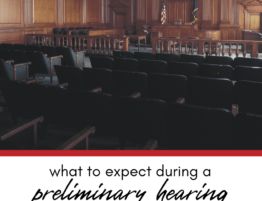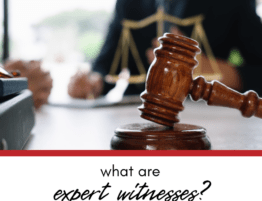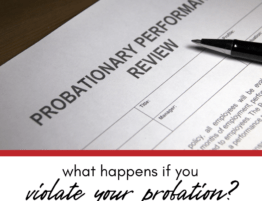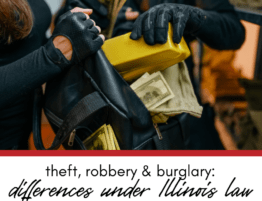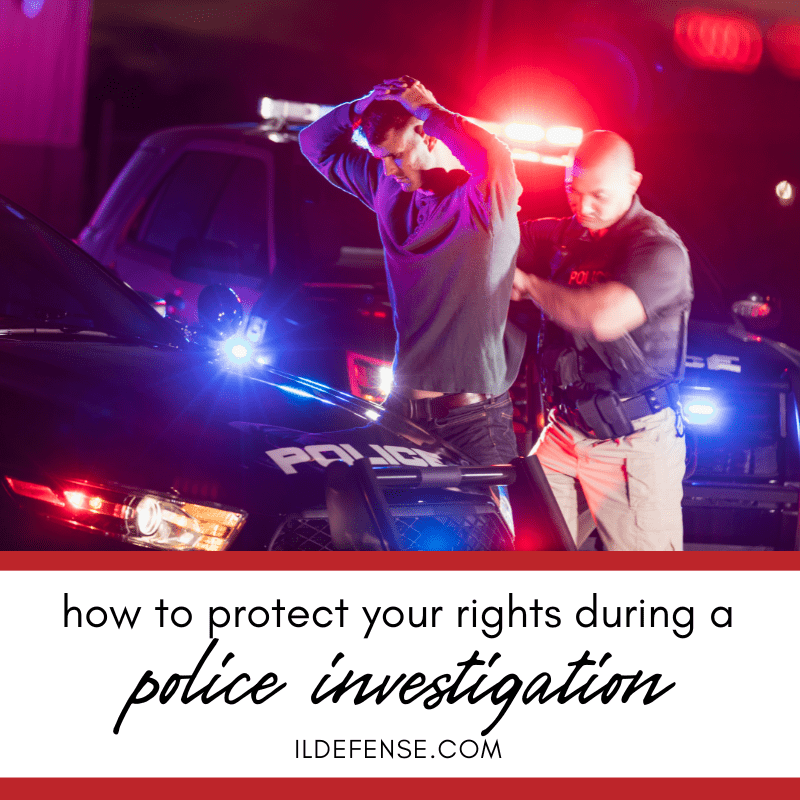
Knowing how to protect your rights during a police investigation is crucial. Understanding your rights and how to assert them can help you navigate interactions with law enforcement more effectively and ensure fair treatment.
How to Protect Your Rights During a Police Investigation
When you are the subject of a police investigation, protecting your rights is essential. This guide explains the following:
- Understanding your right to remain silent
- Knowing your right to an attorney
- Ensuring fair treatment during searches
- Recording interactions with police
- Frequently asked questions
Here’s a closer look at each.
Understanding Your Right to Remain Silent
One of the most important rights you have during a police investigation is the right to remain silent. The Fifth Amendment of the U.S. Constitution protects you from self-incrimination. This means you are not required to answer any questions from law enforcement officers that could incriminate you. If you choose to remain silent, clearly state, “I am exercising my right to remain silent.” It’s important to stay calm and polite when asserting this right. Anything you say to the police can be used against you in court, so it’s best to wait until you have legal representation before speaking.
Related: Information for defendants in Chicago
Knowing Your Right to an Attorney
You have the right to an attorney during a police investigation. If you are taken into custody, law enforcement must inform you of your right to legal representation. You should request an attorney immediately and refrain from answering any questions until your lawyer is present. Your lawyer can provide guidance on how to interact with the police, help protect your rights, and ensure that you do not inadvertently incriminate yourself. If you cannot afford a lawyer, one will be appointed to you by the court.
Ensuring Fair Treatment During Searches
The Fourth Amendment protects you from unreasonable searches and seizures. This means that police generally need a warrant to search your property, such as your home or car. However, there are exceptions, such as if you give consent or if the police have probable cause to believe a crime is being committed. If the police ask to search your property, you have the right to refuse consent. Clearly state, “I do not consent to this search.” If the police proceed without a warrant or probable cause, your lawyer may be able to challenge the legality of the search in court.
Related: A jury’s role in criminal trials in Illinois
FAQ About Protecting Your Rights During a Police Investigation
Check out these commonly asked questions about protecting your rights during a police investigation. If you don’t see your question here, please call our office and we’ll find you the answers you need.
What Should I Do If the Police Want to Question Me?
If the police want to question you, politely decline and state that you wish to speak to your lawyer first. Exercise your right to remain silent and do not answer any questions without legal representation.
Can the Police Search My Phone?
The police generally need a warrant to search your phone. Without your consent or a warrant, they should not access your phone’s contents. If they do, inform your lawyer immediately.
What If I Am Stopped by the Police While Driving?
If you are stopped by the police while driving, remain calm and keep your hands visible. Provide your driver’s license, registration, and proof of insurance when asked. Avoid making any sudden movements and refrain from answering questions without your lawyer present.
Related: What should you tell your lawyer if you’re accused of sexual assault?
How Can I File a Complaint If My Rights Are Violated?
If you believe your rights were violated during a police investigation, document the incident as thoroughly as possible. Include the officers’ names, badge numbers, and any witness information. Contact your lawyer to discuss your options for filing a formal complaint with the police department or pursuing legal action.
What Should I Do If I Am Arrested?
If you are arrested, stay calm and exercise your right to remain silent. Request an attorney immediately and avoid speaking to the police until your lawyer is present. Your lawyer will help protect your rights and guide you through the legal process.
Do You Need to Talk to an Attorney?
If you’ve been accused of a crime, we may be able to help you – and don’t worry: It’s completely confidential. Call us at 847-920-4540 or fill out the form below to schedule your free, private consultation with an experienced and skilled Chicago criminal defense attorney now.
Contact Us
"*" indicates required fields



